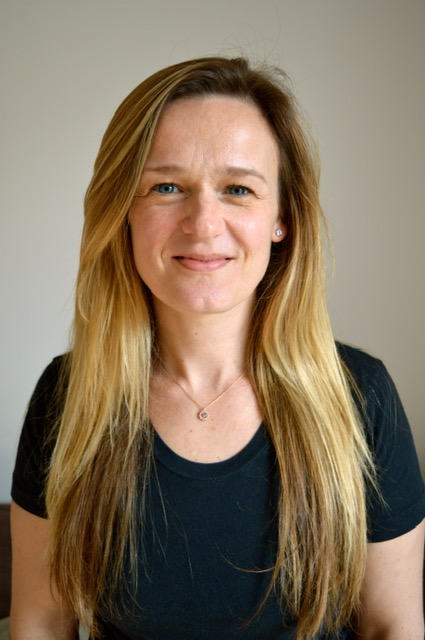Teacher/Educationalist Voice 4
Kimberley Cooper – Teacher, Forest Schools Leader and Educational Consultant/Coach

Kimberley is a EYFS – KS3 teacher at King Alfred School, which is one of the first ‘progressive’ schools in the UK, having been founded in 1898.
As the founder of education consultancy, Holistic Learning, she also works with school leaders, parents and private companies who wish to tailor curricular, learning environments and professional playgrounds for inquiry-based, student-centred learning.
Most recently, she has also become a Learning Coach/Advocate for the Learning Pioneers, which is an online hub of international progressive educators and leaders.
Why are you interested in progressive education?
Those schools and learning communities who consider themselves to be offering ‘progressive education’ tend to be concerned with the purpose of education. In that way, they are constantly questioning what skills and understanding their young learners will benefit from AND how the learning environment is safe and nurturing.
Within the progressive schools I have worked within, I have seen the positive impact this approach has had on young people’s lives and wellbeing. Some of the values I experienced within these progressive schools are; holistic development with minimal hierarchical structures; a broad definition of ‘success’, meaningful integration with the natural world, lack of fear-based strategies to control, greater autonomy for teachers and learners and a balance between ‘subjects taught’ and ‘skills learnt’.
Within my own research, I have explored the relationships between how children learn effectively and the structures and systems that facilitate this. Metacognition and holistic development are at the core of this and enable children’s learning to become more relatable and usable in the world.
Ultimately my vision is to see children inspired and engaged in their learning, and progressive education is a natural fit with that as it maintains the freedom to challenge and proactively respond to research in practice.
In your opinion what are the main challenges of our current state school system?
State schools are forced to work within a highly controlled system being overseen by politicians whose own education and childhood were generally far-removed from the realities for most, and whose current experience of working in schools is non-existent.
Passionate and creative teachers are being forced to ‘teach to the test’, with limited funds for resources and a distinct lack of support for their professional development and wellbeing.
Despite these challenges, teachers and leaders are finding ways to make small changes that make a big difference in our young learners’ lives.
What are state schools doing well?
Those state schools that have a strong and passionate Head, a clear understanding of how children learn and are engaged with their communities do well. They also understand and support their teachers, ensuring their wellbeing and professional development too.
State schools who encourage parental involvement, with clear and empathetic communication benefit from the support from parents and the local community.
If you could make changes to the state education system, what would be your top priorities?
I would like to see greater emphasis placed on experiential learning developing ‘21st Century Skills’ alongside subject mastery.
We need to question the exam culture and testing, to ensure that the way we assess our young learners enables genuine development and growth, rather than a list of un-relatable facts to be ‘remembered’. We need to stop making education competitive.
Finally, I would like to see more access to learning relating to our natural world so that children can build a meaningful relationship with it, because none of us can live/thrive without it!
Is there anything you would like to add?
Through encouraging dialogue and building supportive communities, we can all learn from each other. For me, progressive education is about being part of the dialogue, using and reviewing what we know about how children learn in practical contexts and trying out new things that may also be helpful to others.
Follow Kemberley Cooper:
You can follow Kimberley Cooper at her education consultancy, Holistic Learning at:
Website and Blog: www.holisticlearning.co.uk
Facebook.com/holisticlearningeducation
Instagram.com/holisticlearningeducation
Kimberely also took part in the Lockdown Learning Podcast hosted by Alpine Valley School and East Kent Sudbury School during the Covid-19 pandemic. Along with many other inspirational guests Kimberley Cooper offers some insightful recommendations on the future of education.
Listen to Kimberley’s talk: https://vimeo.com/446926099
Listen to the whole podcast episode: https://www.eastkentsudbury.org.uk/lockdown-learning-podcast/the-future-of-education/

